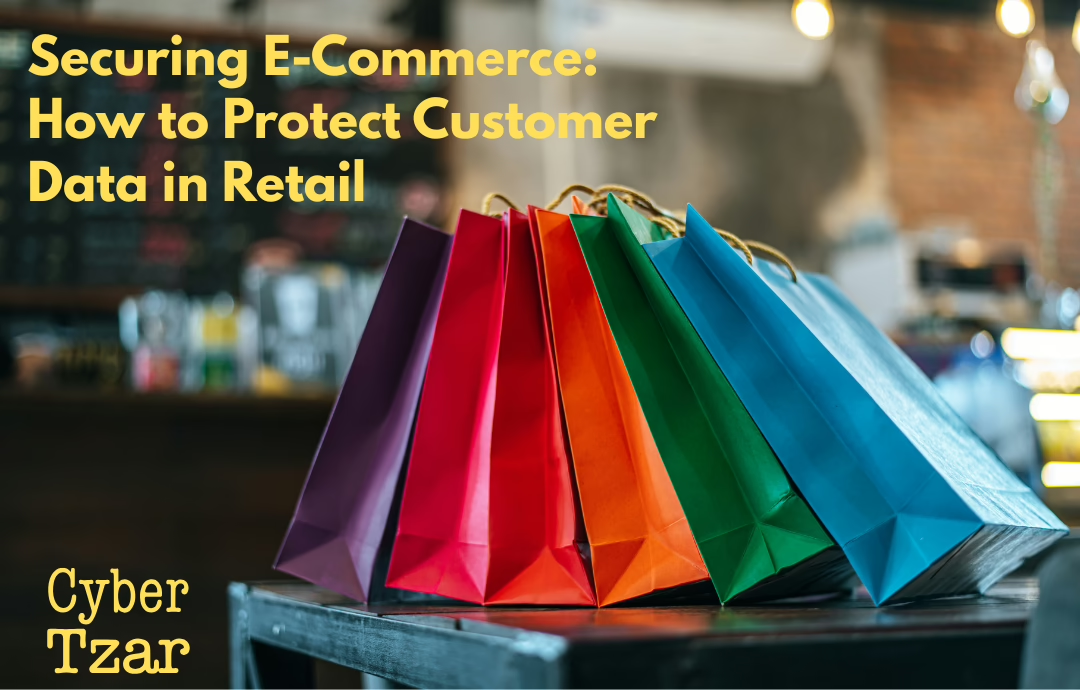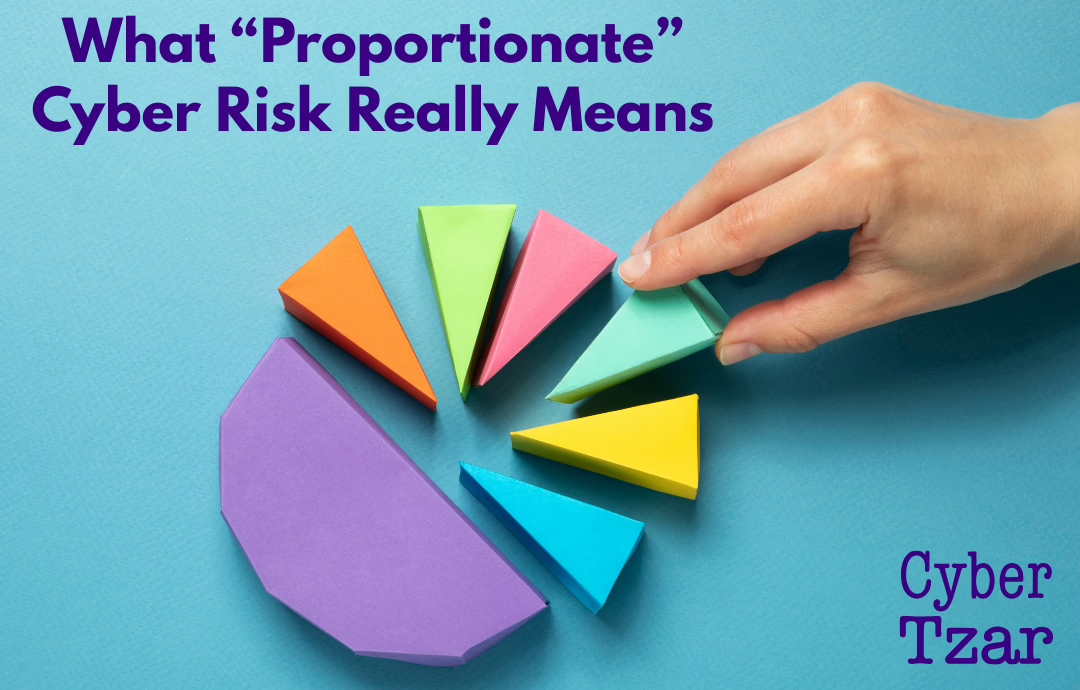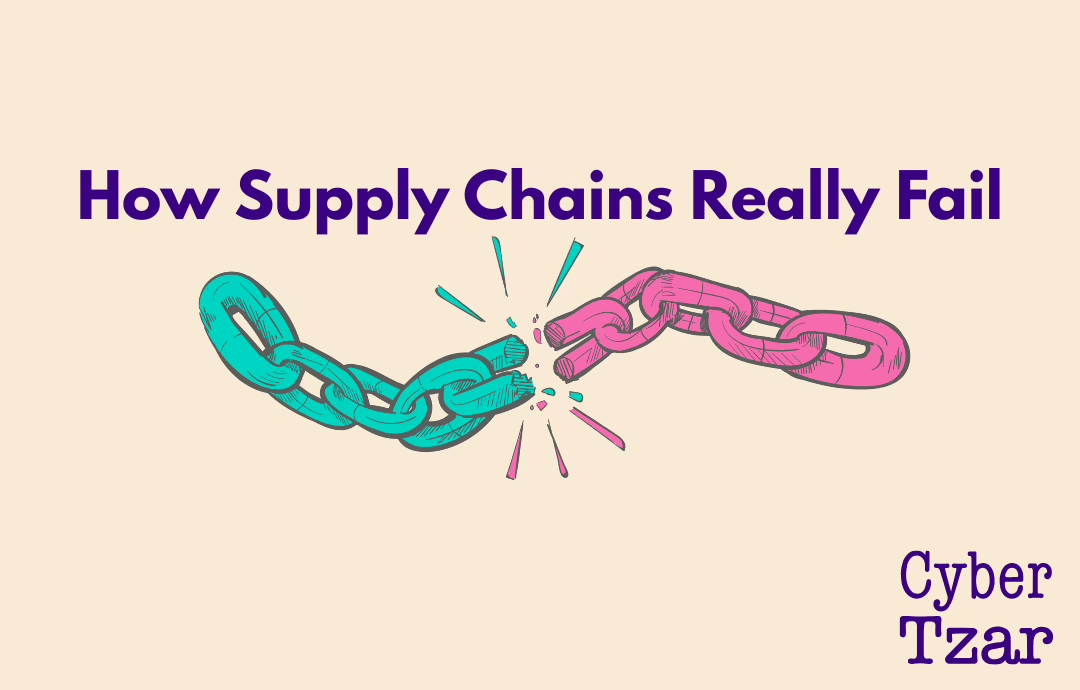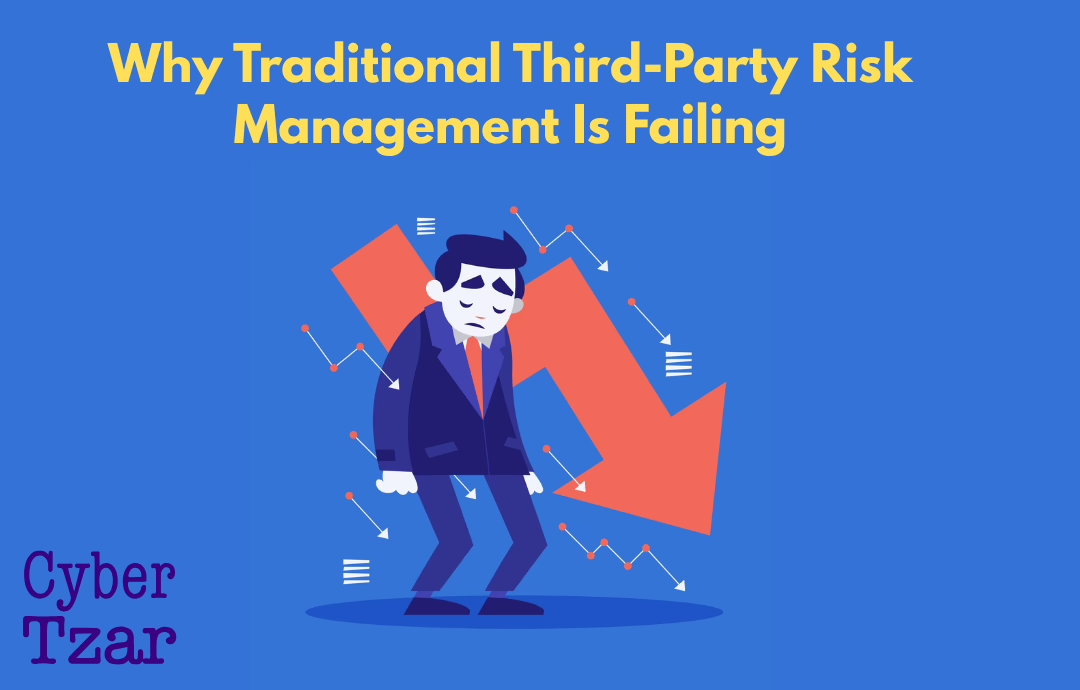Retailers are under pressure. Between rising customer expectations, complex supply chains, and an ever-growing web of third-party integrations, securing an e-commerce platform has never been more critical — or more difficult.
And when things go wrong, they go wrong fast. A single data breach doesn’t just mean financial loss. It means damaged trust, legal exposure, regulatory scrutiny, and often, lost customers for good.
So how can retailers stay ahead of cyber threats without slowing down innovation?
Where Retail Cyber Risk Lives Today
💳 Payment Systems – From point-of-sale to online checkout, attackers target poorly configured or outdated payment infrastructure.
📦 Third-Party Platforms – Integrations with logistics, marketing, CRM, and fulfilment systems widen the attack surface — especially if vendor risk isn’t properly managed.
🔐 Customer Accounts – Reused passwords, account takeovers, and social engineering attacks make personal data a prime target.
📱 Mobile Apps – Many retail apps lack basic security protections, exposing user sessions, saved payment details, and loyalty information.
📊 Analytics & Advertising Tools – Unsecured data flows between e-commerce sites and marketing platforms have become a growing source of breaches.
What Good Looks Like
Retailers that get cybersecurity right often follow five key principles:
-
Secure-by-design development
Don’t bolt security on later. Make sure your development and product teams embed security testing into their processes — including APIs, payment gateways, and customer login systems. -
Real-time threat detection
Vulnerability scans and penetration tests once a year aren’t enough. Use tools that give you ongoing visibility into risk — and alerts when something changes. -
Vendor visibility
Who hosts your site? Who supports your CRM or payment layer? Are they compliant? Have they had breaches? Can they be monitored? -
Customer data minimisation
Collect only what you need — and store it securely. Know where it lives, who can access it, and how it’s encrypted. -
Regulatory readiness
Whether it’s PCI DSS, GDPR, or the UK’s evolving data protection rules, compliance isn’t optional. But it can be strategic if approached the right way.
How Cyber Tzar Helps Retailers
Cyber Tzar provides a smart, SaaS-based platform that helps retail and wholesale businesses:
✅ Scan and monitor for vulnerabilities across public-facing platforms
✅ Benchmark your security posture against competitors and market peers
✅ Evaluate third-party suppliers for cyber hygiene and compliance
✅ Strengthen your readiness for cyber insurance and data breach response
We’re not another tick-box audit. We’re here to help you manage cyber risk like you manage your margins — with clarity, visibility, and control.
📦 Want to find your blind spots before an attacker does?
See how you compare at cybertzar.com



